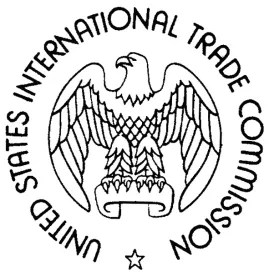Under a pilot program initiated in 2013, the U.S. International Trade Commission (ITC) may designate an investigation for early disposition if the ITC believes that there is a potentially case-dispositive issue warranting the program’s speedy (100-day) treatment. Since the program’s inception, however, the ITC has designated only a handful of cases for early disposition. Although Certain Shaving Cartridges, Components Thereof and Products Containing Same, Inv. No. 337-TA-1079, Order (Oct. 25, 2017) was not lucky enough to be one of those cases, the ITC’s denial of the respondents’ request for entry into the early disposition program includes a few wrinkles worth noting.
First, the issue alleged to merit early consideration was whether the accused products were imported into the U.S. Interestingly, even though importation is the cornerstone of ITC jurisdiction, it does not appear that any case has been designated for early disposition on this issue. According to the respondents’ letter request, the leaflet attached to the complaint as evidence of importation (stating the product was “made in USA, assembled in China”) was erroneous. According to the letter and accompanying declarations (which complainant challenged in its own letter as incomplete and “ambigu[ous]”), the products are assembled in the U.S. and not imported. Second, although the ITC refused to designate the investigation for early disposition, it did suggest that the “issues may be suitable for an early motion for summary determination as they may not require the Administrative Law Judge (ALJ) to hold a hearing or to resolve disputed issues of fact.” This apparent compromise may reflect a heightened concern for the ALJs’ schedules in view of the significant number of Section 337 complaints filed in recent months and a respectful deference to the ALJs’ ability to manage their own dockets without the ITC imposing a specific, decisional time frame at such a busy juncture.




 />i
/>i
